January 19 (or 20 on leap years)
Best in: Gondar, Lalibela, Addis Ababa
Historical Background:
Celebrates the baptism of Jesus Christ in the Jordan River, observed since the 4th century in Ethiopia.
Significance:
Symbolizes spiritual cleansing, rebirth, and divine blessing.
Tourist Experience:
Priests carry Tabots (replicas of the Ark of the Covenant).
Massive water blessing ceremonies and colorful processions.
Saint Yared's Role:
Saint Yared’s Zema (chanting tradition) is essential in the liturgy. Special Mahlet (hymns) composed by Yared are chanted during the processions.
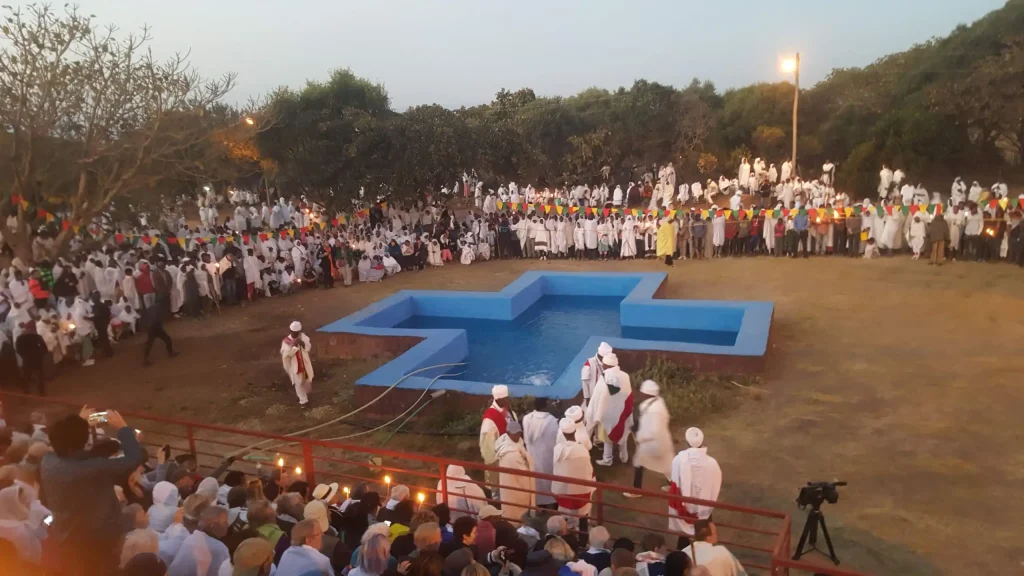
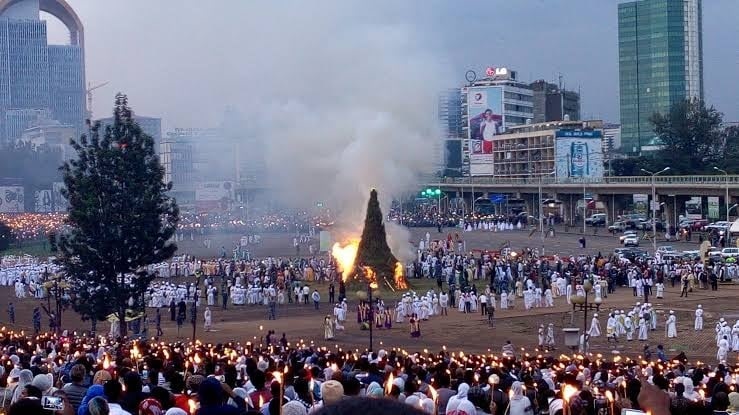
September 27 (or 28 on leap years)
Best in: Meskel Square, Addis Ababa; Axum
Historical Background:
Dates back to the 4th century when Empress Helena discovered the True Cross through a divine vision and a bonfire.
Significance :
Represents faith, revelation, and spiritual light.
Tourist Experience:
Enormous Demera bonfires lit across the country.
Traditional singing, drumming, and cross processions.
Saint Yared's Role:
Yared’s festival hymns are chanted during Meskel. His music is performed using the kebero drum and sistrum, adding rhythm to the spiritual celebration.
January 7
Best in: Lalibela
Historical Background:
Follows the Julian calendar and celebrates the birth of Jesus.
Significance :
A symbol of peace, light, and the beginning of salvation.
Tourist Experience:
Nighttime mass in Lalibela’s rock-hewn churches.
Traditional Genna stick game played in villages.
Saint Yared's Role:
His Nativity chants are performed during the midnight liturgy. His unique modes of chanting (Geez, Ezil, Araray) bring out the joy and reverence of Christmas.
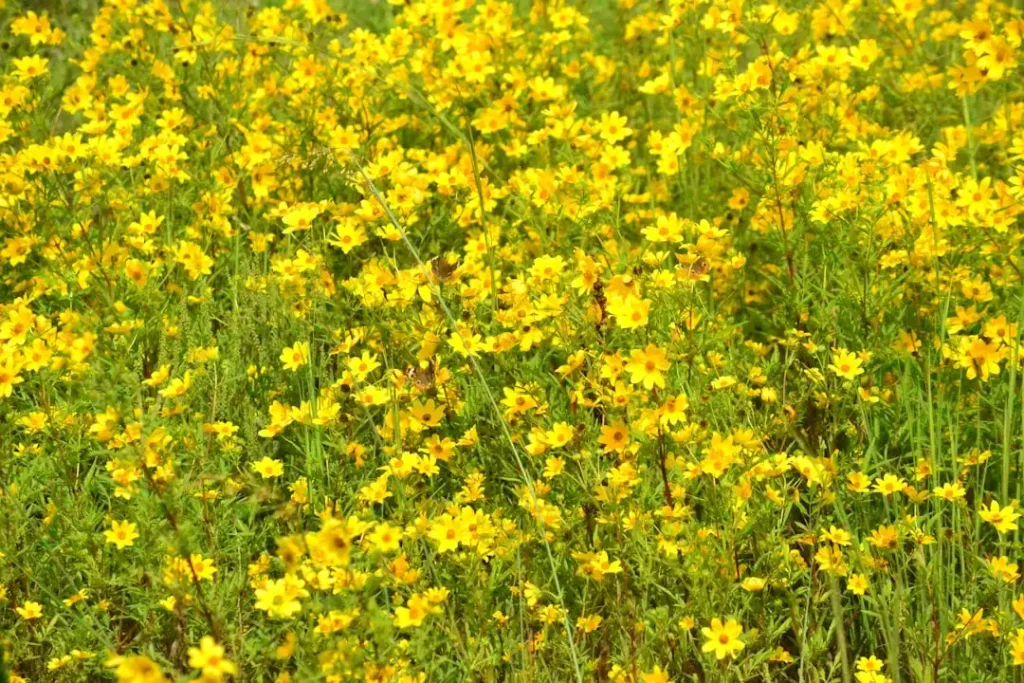
September 11 (or 12 on leap years)
Nationwide
Historical Background:
Dates back to the time of the Queen of Sheba, who returned from Jerusalem and was welcomed with jewels (Enkutatash = “gift of jewels”).
Significance:
Marks the end of the rainy season, new hope, and renewal.
Tourist Experience:
Girls sing Abebayehosh songs and give flowers.
Family gatherings and public celebrations.
Saint Yared's Role:
Though not a major liturgical festival, Yared’s celebratory chants are sometimes adapted for New Year prayers in rural churches.
Movable (March–April)
Best in: Lalibela, Axum
Historical Background:
Rooted in early Christianity, it ends a 55-day vegan fast and celebrates the resurrection of Jesus Christ.
Significance:
Symbol of victory over sin and death, and spiritual rebirth.
Tourist Experience:
Overnight vigils in ancient churches.
Traditional feast after early morning mass.
Saint Yared's Role:
Yared composed powerful resurrection hymns, sung during the Easter vigil using Geez mode. His melodies are central to the night’s worship.
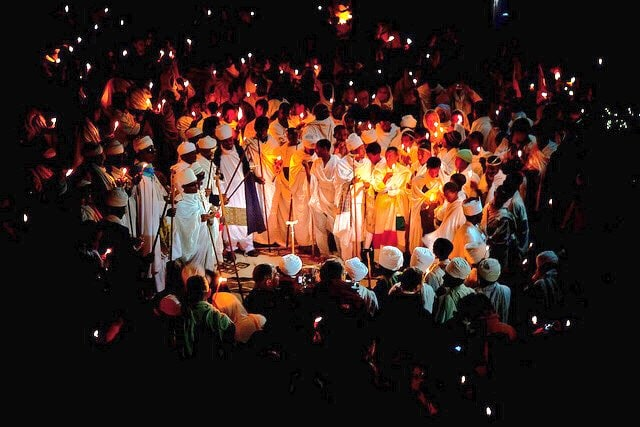
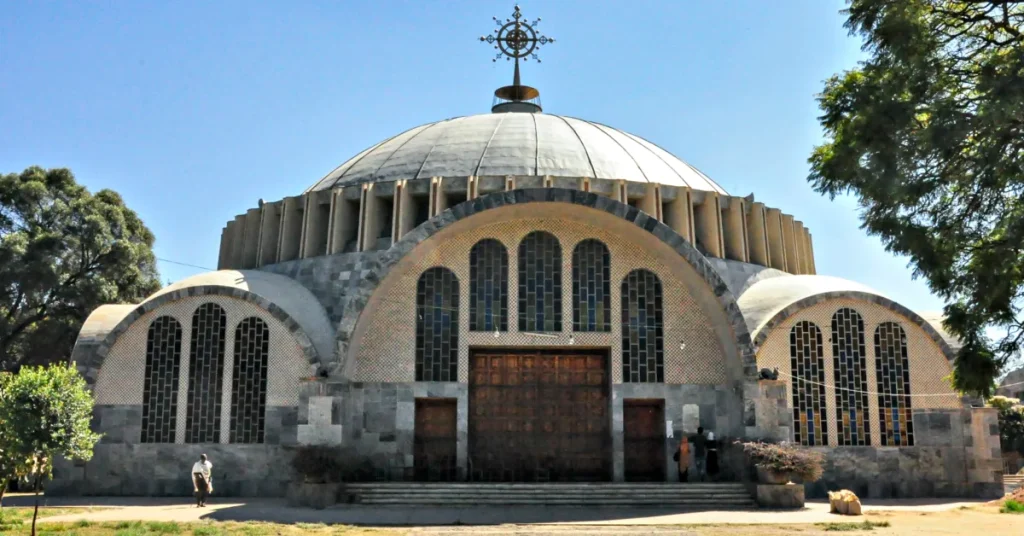
November 30
Best in: Axum (Church of St. Mary of Zion)
Historical Background:
Dedicated to Saint Mary, protector of Ethiopia. The Church in Axum is believed to house the Ark of the Covenant.
Significance:
Commemorates the Virgin Mary’s spiritual motherhood and intercession.
Tourist Experience:
Pilgrimage to Axum.
Religious chants, processions, and prayer.
Saint Yared's Role:
Yared composed numerous Marian chants, some of the most beautiful in Ethiopian liturgy, performed during the procession.
December 28 & July 26
Kulubi (near Dire Dawa)
Historical Background:
Begun in the early 1900s to honour Archangel Gabriel, protector and miracle-worker.
Significance:
Symbolizes angelic protection, healing, and gratitude.
Tourist Experience:
Tens of thousands of pilgrims arrive barefoot.
Offerings, healing prayers, and communal singing.
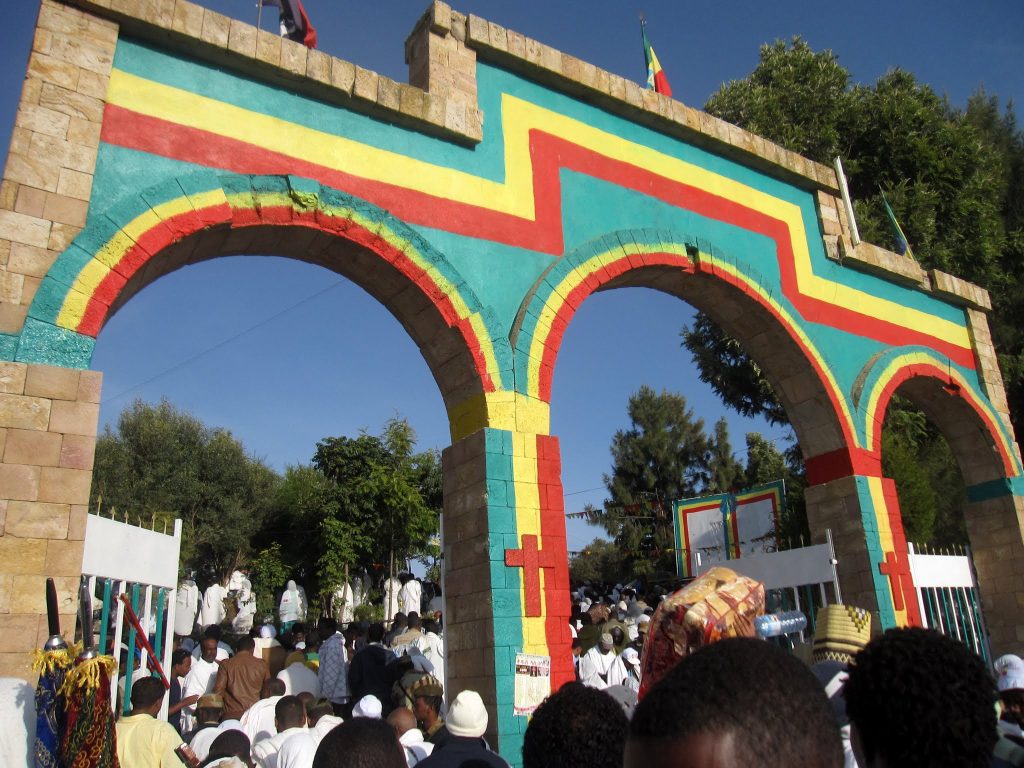
Where: Gondar, Addis Ababa
Why Go: Ethiopia’s most spectacular festival! Colorful parades, priests in robes, and mass baptisms with holy water.
Where: Lalibela
Why Go: Timeless night church services, spiritual chanting, and traditional games. Especially magical in rock-hewn churches.
Where: Nationwide
Why Go: A deeply spiritual event. After long fasting, families celebrate with special meals and joy.
Ethiopia’s New Year celebration marking the start of the spring season. Includes singing, flower gifts, and family gatherings.
Massive bonfires are lit nationwide to commemorate the discovery of the cross on which Jesus was crucified.
Where: Bishoftu
Why Go: Oromo Thanksgiving by the lake with traditional dress, rituals, and joyful ceremonies.
Where: Tigray, Lalibela
Why Go: A colorful girls' festival with singing, dancing, and cultural pride – unique to Ethiopia.
Thousands of pilgrims gather in Axum at the Church of Saint Mary of Zion to honor the Virgin Mary, believed to protect the Ark of the Covenant.
The Sidama New Year. Celebrated with traditional Sidama music, food, and dancing in Hawassa and surrounding areas.
A holy day for Ethiopian Muslims, especially in Harar. Marked by fasting, mourning, and reflections on sacrifice.
A major pilgrimage for Ethiopian Muslims in Bale Zone, honoring Sheikh Hussein, a revered 13th-century saint. Pilgrims walk barefoot, carrying sticks, to his tomb in acts of devotion and spiritual cleansing.
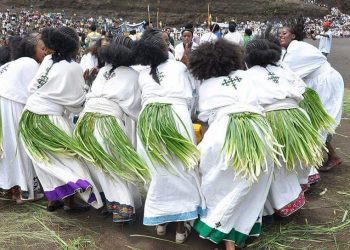
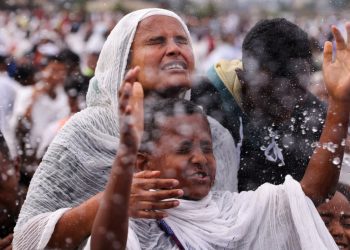
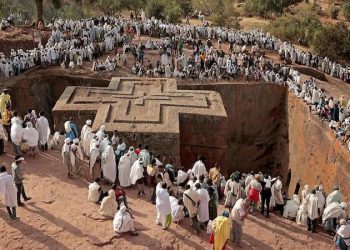
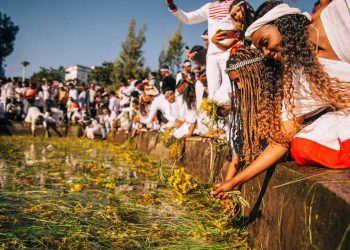
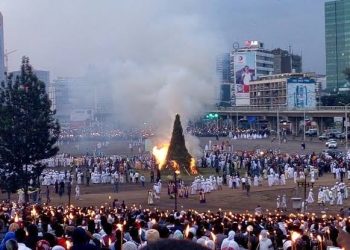
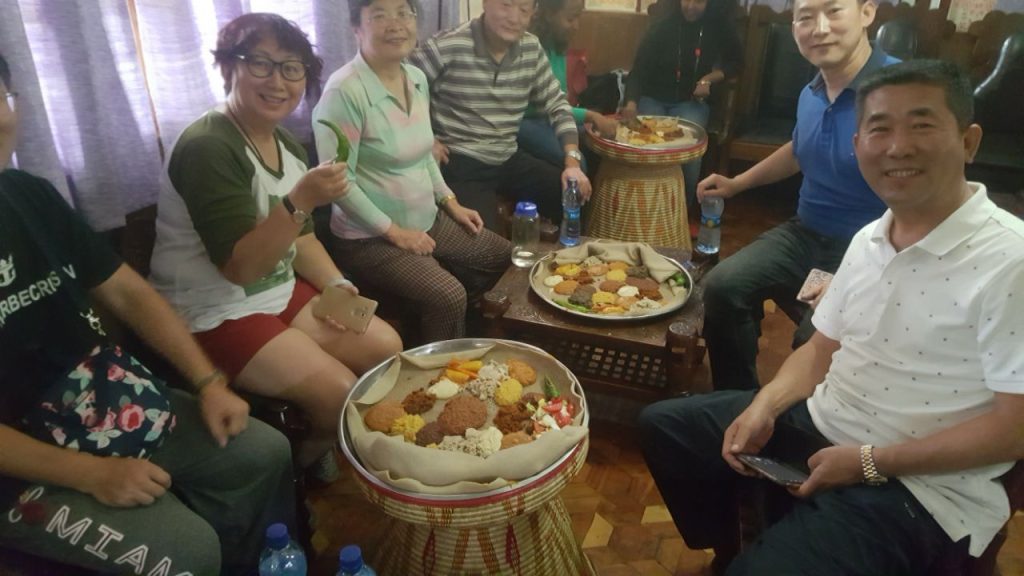
No Ethiopian journey is complete without indulging in its world-famous cuisine. Here are some essentials:
Injera: Fermented sour flatbread made from teff flour. It’s the base for nearly every meal.
Doro Wat: A spicy chicken stew with boiled eggs, rich in berbere spice and often served during holidays.
Tibs: Grilled meat (beef or lamb) served sizzling with onions, garlic, and chili.
Kitfo: Raw or lightly cooked minced beef seasoned with spiced butter and mitmita (chili powder).
Shiro Wat: A smooth, spicy stew made from ground chickpeas or lentils. A popular vegan/fasting meal.
Traditional Coffee Ceremony: A three-round ritual of roasting, brewing, and serving coffee. It’s a sacred and social experience that you must not miss.